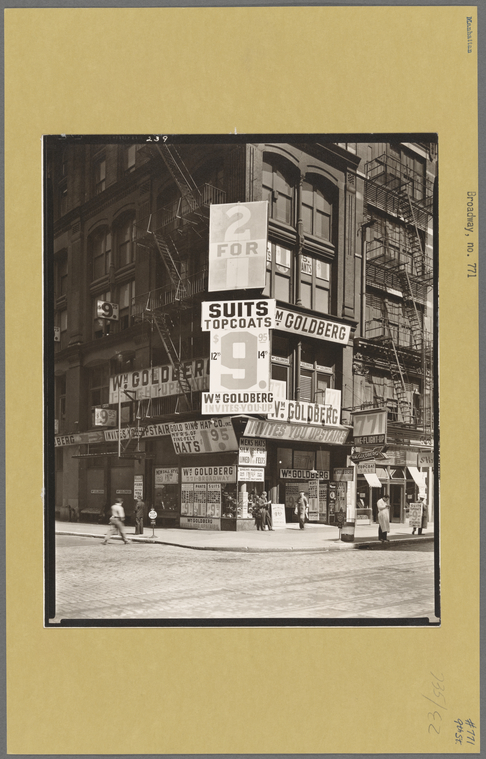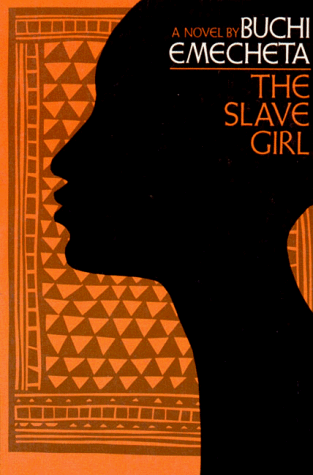 In celebration of National Poetry Month, which begins on Wednesday, here's a fascinating meditation on the power of lyric poetry from Charles Simic's new collection of essays, The Renegade: Writings on Poetry and a Few Other Things:
In celebration of National Poetry Month, which begins on Wednesday, here's a fascinating meditation on the power of lyric poetry from Charles Simic's new collection of essays, The Renegade: Writings on Poetry and a Few Other Things:Epic poetry is dead and dramatic poetry is moribund, but lyric poems continue to be written by both serious poets and teenagers in love. While its ancient origins are said to be songs composed for an occasion of celebration or mourning, the lyric has long since evolved into an expression of personal experience rather than of collective feelings. In his well-known denunciation of poetry in the Republic, Plato found use for hymns to the gods and eulogies to civic leaders, but singled out the lyric for being particularly self-indulgent and false in depicting reality. Stripped of musical accompaniment and plaintive tunes that could charm the listener, such poems not only showed their complete absence of ideas, but were harmful to those who seek truth. Plato was suspicious of the imagination. If he had not been, he would have realized that ideas in the way philosophers usually approach them have little to do with poems whose main concern is with using feelings to find what is authentic.
The more subjective and candid the poems were, the more dangerous they appeared to those who made it their business to worry about the moral uplift of their fellow citizens. Scandal is most likely the reason the lyric poem has been so successful over the centuries. To scribble, knowing that one's secret thoughts and language are disapproved of by everyone from one's parents to one's clergymen, is a delicious feeling. Every form of tyranny has taken a dim view of such irreverence. The main public use of the first-person pronoun that authoritarians approve of is the one extracted through forced confessions of heretics and enemies of the state. This much has always been true: if you want to get in trouble with whatever language police is in force, write verses about what you really feel and think.
Of course, there's much more to the lyric than risky subject matter. There's the ineffable something that makes poetry poetry, the sensation that every word has suddenly begun to mean much more than it usually does. Lyric poems require an exquisite ear on the part of the poet, an ability to weigh the exact amount of silence necessary between words and images in order to make them rich with meaning. The shorter such poems are, the harder they are to write. We know from experience the impact a line of poetry can have, the miraculous way in which two selves unknown to each other until that very moment come to share not only an understanding but a single imaginative space. In no time at all, cultural and historical differences are abolished and a poem written almost three thousand years ago comes to life on a page. Nowhere else in literature does one find the experience of living in the moment so vividly rendered as in lyric poetry. Despite seemingly infinite odds, somebody's private sentiments continue to enthrall generations of future readers. And yet, every time we read a poem, this is more or less what happens.
(This excerpt, from the essay, "The Life of Ruins," was originally published in the New York Review of Books in 2006.)




